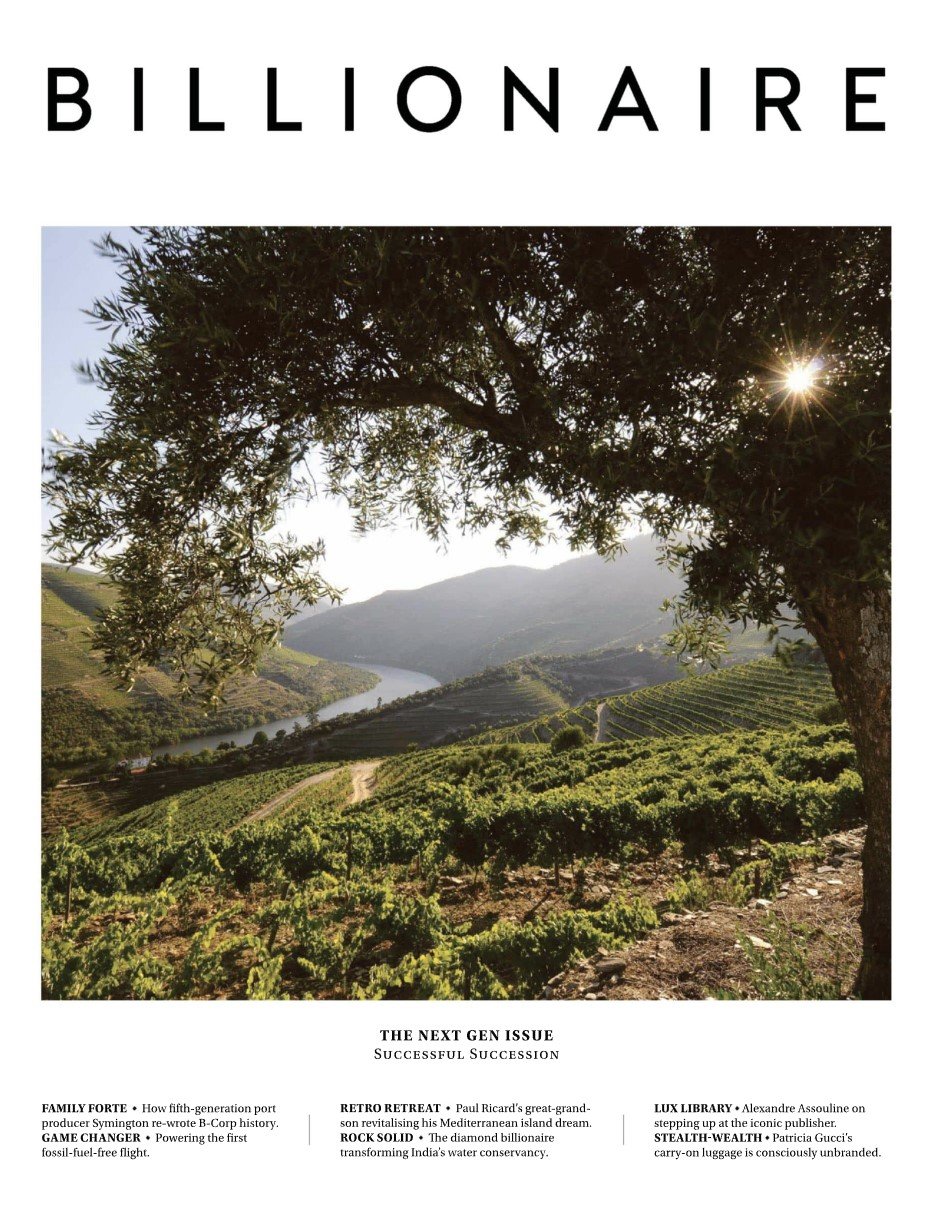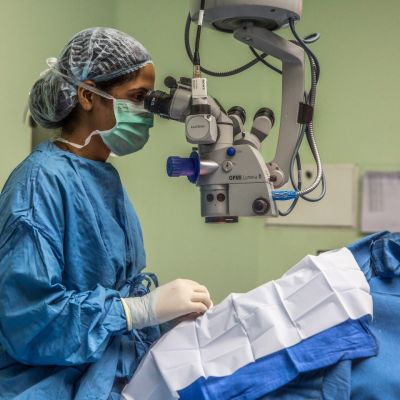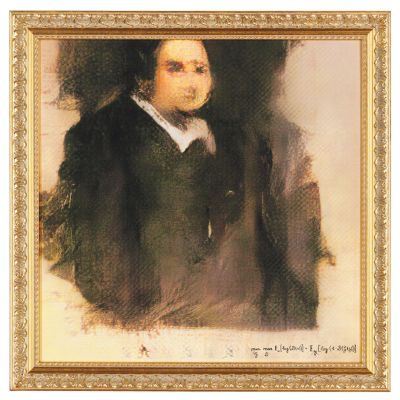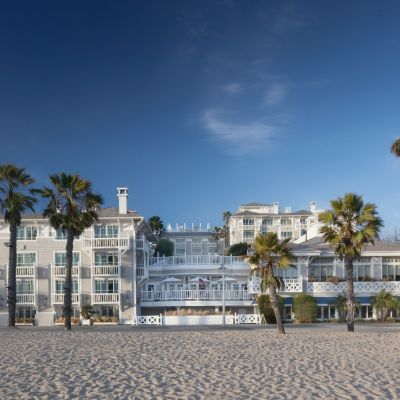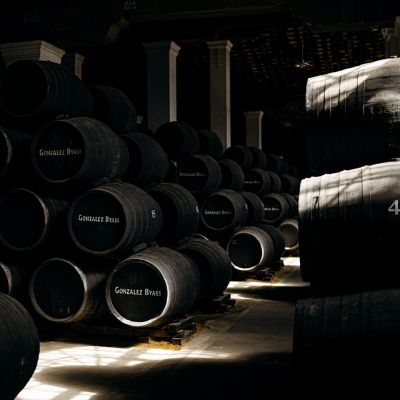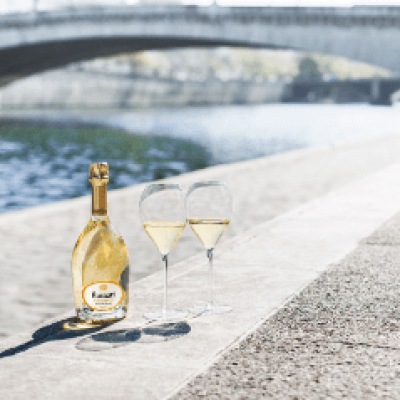Port in a Storm
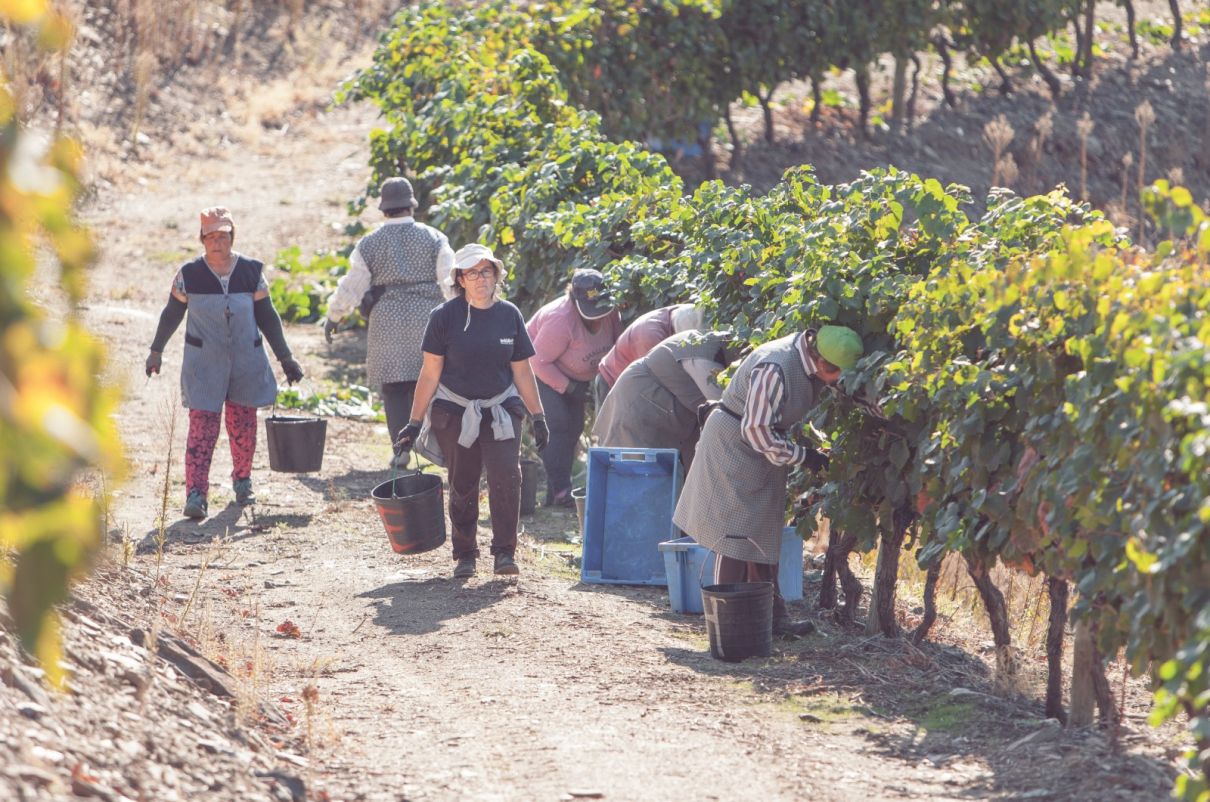
Symington Family Estates is a port producer with a distinct family heritage.

The only B-Corp certified port producer, fifth-generation family-owned Symington Family Estates has prioritised sustainability and slow growth. And it has paid off.
When 19-year-old Andrew James Symington first arrived in Portugal in 1882, fresh off the boat from Scotland, he can have scarcely believed that five generations later his descendants would be running a multi-award-winning port business still 100 percent in family hands.
Based in Portugal’s Duoro Valley, Symington Family Estates owns port brands Graham’s, Cockburn’s, Dow’s and Warre’s and produces Duoro table wines. It employs over 600 people in Porto, Vila Nova de Gaia, in the Douro Valley, in the Alentejo near Portalegre and now in the Monção region of the Minho.
Today there are 11 working members from the fourth and fifth generations, as well as three retired family directors from the third and fourth generation — 14 in total. “We believe this may be a record number of working family members in any wine company in the world,” says Charlotte Symington, fifth-generation family member.
We catch up with Charlotte Symington to understand more about the rewards and challenging of working in a historical family business.
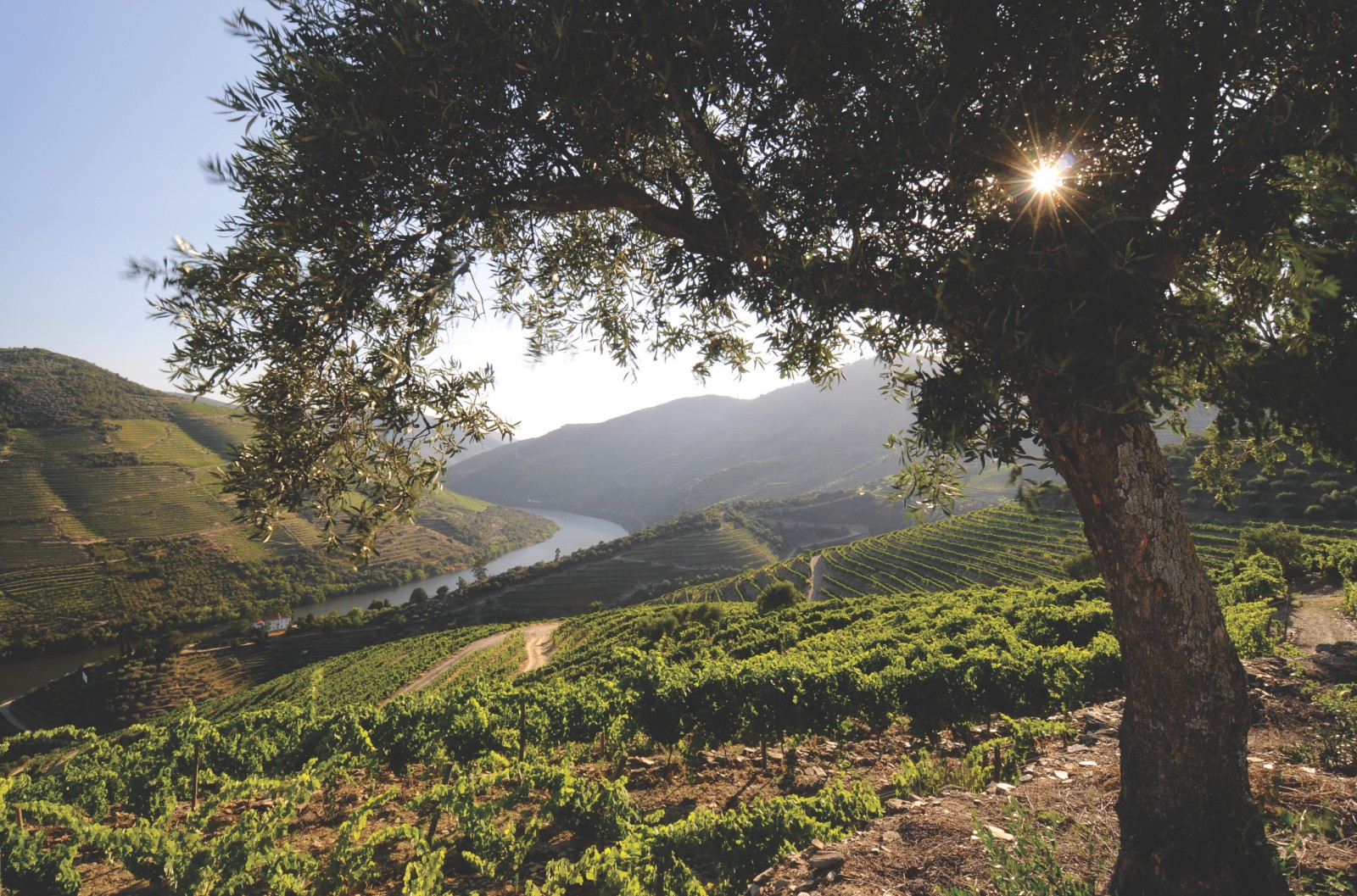
Please give an overview of your business activities.
Since the late 1990s we have also been producing red and white wines in the Douro Valley, using the same indigenous grape varieties that we use to make port. These wines have been very well received by the markets and are now sold in many countries: Altano, Quinta do Vesúvio, Quinta do Ataíde and Chryseia from Prats and Symington.
In 2017 we invested in a wonderful vineyard in the Alto Alentejo region in the south of Portugal, this was the first time our family have farmed vineyards beyond the Douro Valley. We now produce a range of exciting red, white and rosé wines from this property, as well as welcoming visitors to experience the vineyard and winery.
We have also seen significant growth in wine tourism over the last decade and we have two of our ancient cellars open to the public: the Graham’s Lodge and Cockburn’s Lodge. In the Douro Valley one of our greatest vineyards, Quinta do Bomfim, is available to visitors for a guided tour of our vineyards, winery and lodges, as well as a tasting room where visitors can choose from a selection of different port and wine tastings accompanied by one of our expert guides.
We also have three restaurants: Vinum at the Graham’s Lodge in Vila Nova de Gaia; and two restaurants in Pinhão in the Douro Valley, Bomfim 1896 with Michelin-starred chef Pedro Lemos and Casa dos Ecos. The latter has one of the finest views of any restaurant in northern Portugal.
How has the family business maintained itself for so long?
Many other port companies struggled to survive through the post-war period of 1950s and 1960s when the port trade went through a tough period, however, through determination and strong decision-making, we managed to ride the challenging years and come through the other side, when in the 1970s we saw the port trade pick up again and a strong growth in port sales.
As a family we are naturally pragmatic and hard-working, as well as having a passion for the region in which we work, which has helped us to sustain a strong family unit at the same time as growing our business. We have strong guiding values, a shared vision, and a long-term mindset. We also have a family constitution with clear rules that guide us.
Over the last 40 years our family company has invested more in vineyards in the Douro Valley than any other company. We now own 26 different vineyards at separate locations throughout the Douro, each selected for specific excellence.
In the Douro alone these amount to 2,233 hectares of land, of which 1,076 hectares are prime vineyard. The largest vineyard is the Quinta do Vesúvio with 133 hectares of vineyard and the smallest is Madalena with just 4.9 hectares of vineyard. These vineyards are the secret of our success and our quality. We have tirelessly focused on the vineyards as we believe that exceptional terroir is the only way to produce fantastic wines.
How much do you think that comes down to being a product of a fifth-generation family-run business?
There is no doubt that the passing of information from one generation to the other has guided us over the past 140 years. Our guiding principle is ‘for the next generation’ and, as a family business, we are committed to passing down knowledge and leaving the company in a better position than that entrusted to us.
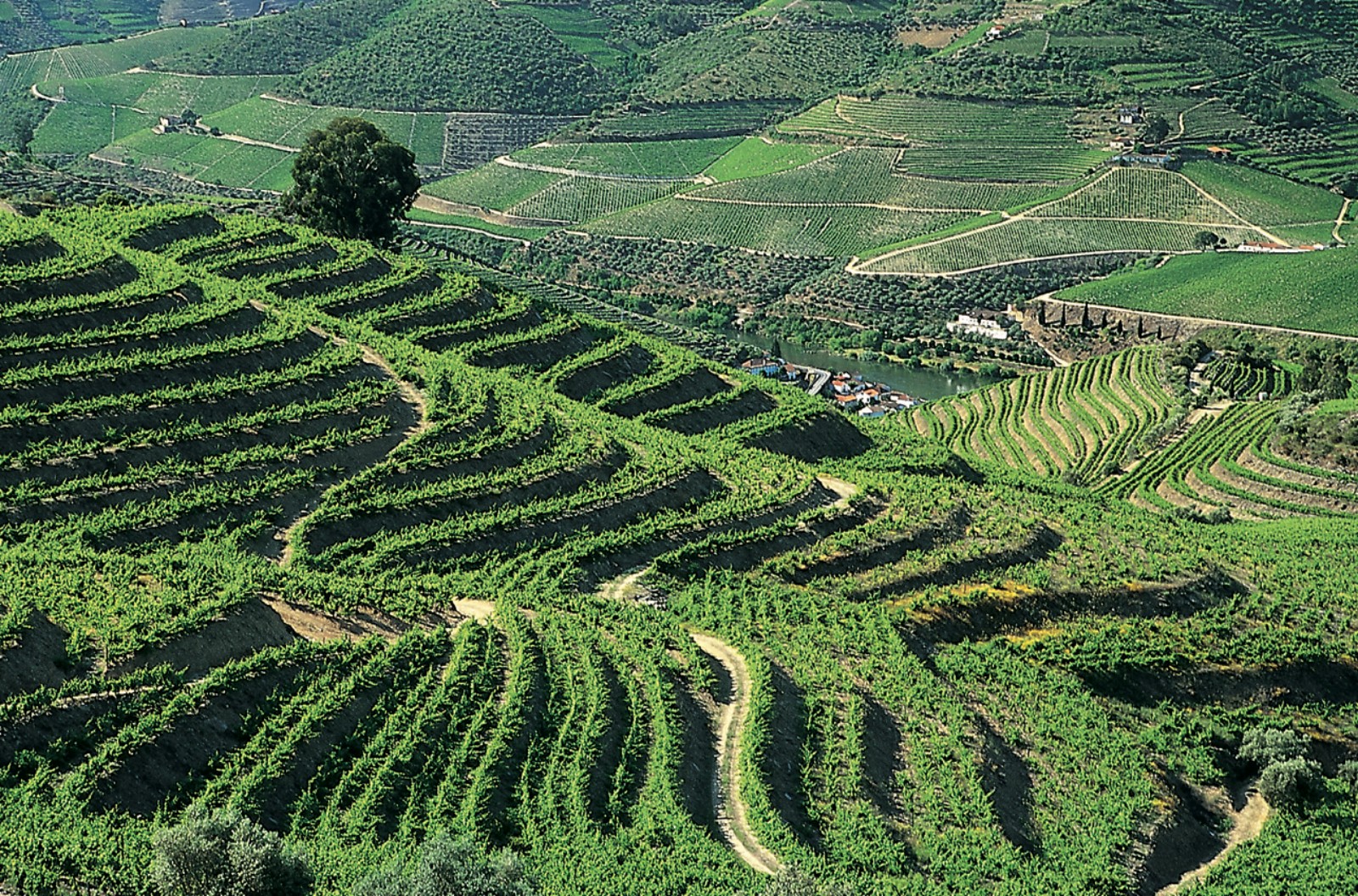
Now there are sixth-generation members, how do you approach succession with children?
We feel it is important for children to grow up unburdened by the pressure and expectation of having to join the family business. However, it is natural that they grow up surrounded by the vineyards, as we did, and the annual cycle of the harvest, pruning and spring growth becomes quickly familiar to them, as does the ethos of our family business.
As we are a large family, a position in the family business is not guaranteed for anyone. We encourage younger family members to acquire strong professional experience outside of the business, with a two-year minimum as a pre-requisite before they apply for a job with us. Family members rise through the organisation based on merit, not surname.
Our approach to succession has changed with each generation as the business has grown larger and more complex and as the family has also grown. The guiding principle is that we want the business to be led and run by family members but only if they are qualified to do so.
Can you talk about changes that have been made with your generation?
We have had to adapt our vineyards to climate change. Today’s environmental crisis demands that we apply the creative and pioneering spirit of generations that came before us to the challenges of our time. We are proud to be the only B-Corp port producer, and we have committed to a series of ambitious goals for 2025. These are responses to the climate emergency, as well as strengthening the positive impact we have on the communities where we work.
Please discuss the wider world of fortified wine?
While fortified wine has some stuffy stereotypes, contrary to some peoples’ expectations, the port category is very buoyant, with excellent growth coming from younger drinkers and the premium end, particularly the Aged Tawny styles, from the Portuguese market (driven by the ever-growing tourism levels), and from certain emerging markets. The year 2021 was a record year for port sales, boosted by pandemic lockdowns, which saw more people experimenting with different wine styles from home and spending more on decent wines and ports.
What are your future plans?
We recently purchased one of the Douro’s top sparkling wine brands, Vértice, and are looking forward to developing this further. Last year, we acquired a beautiful vineyard property in the prestigious Monção and Melgaço sub-region of the Vinho Verde DOC and will be working in partnership, on a joint venture together with legendary Vinho Verde producer Anselmo Mendes to produce a range of Alvarinho wines from the estate Casa de Rodas.
How important is it to you that Symington Family Estates stays in the hands of the family?
It is probably one of the most important things to us, to know that the work we are all doing now is for the next generation. We are not interested in short-term profit generation but long-term value creation and passing on to the next generation what was entrusted to us.
This article originally appeared in Billionaire's Next Gen Issue. To subscribe, click here.

